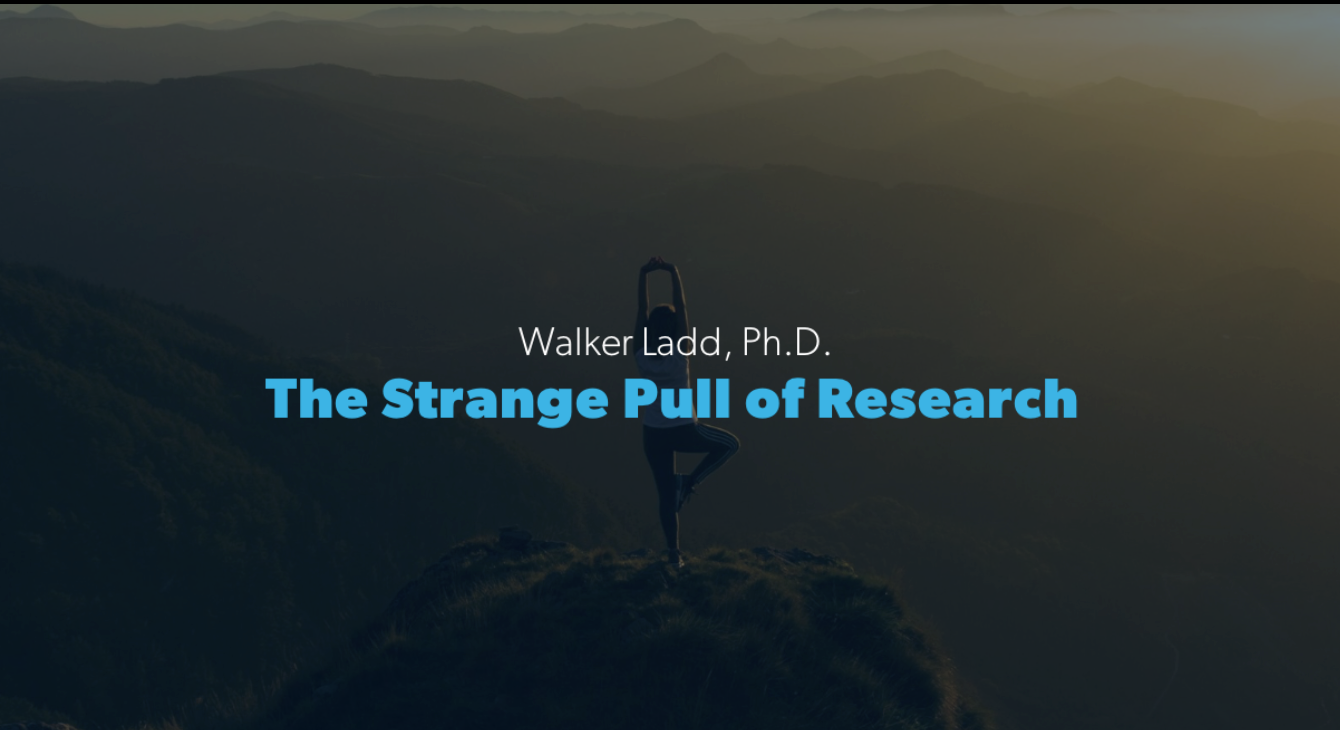Death and dying are inevitable parts of life, but for many people, the process remains shrouded in mystery, taboo, and fear. At Saybrook University, our commitment to exploring this complex subject prepares our students with the empathy and knowledge to navigate the process of grief, loss, and bereavement. Our Ph.D. in Mind-Body Medicine, Specialization in Contemplative End-of-Life Care provides health care professionals with the skills and understanding to better tend to the psychospiritual needs of the chronically ill and dying.
What Is Thanatology?
Simply put, thanatology is the study of death and dying. It combines scientific, religious, spiritual, and psychological aspects to examine how people navigate this complex emotional and psychological process. This perspective is important for professionals dedicated to supporting individuals and families as they face the realities of mortality. Such professionals offer the knowledge that provides comfort, understanding, and compassionate care to the dying at the end of their lives and to families after the death of a loved one.
Through thanatology, students and practitioners explore the emotional, social, and cultural responses to death. They create space for experiencing grief and accepting it as a process that can lead to growth and understanding. By engaging with thanatology, students gain a nuanced understanding of death’s impact on human behavior, relationships, and societal norms, increasing their capacity to serve those in need with empathy.
What Does a Thanatologist Do?
A thanatologist can work in a variety of roles. They may providing direct support to the dying as well as to families experiencing loss of a loved one. They may also conductresearch that furthers understanding of how societies perceive and deal with death. Thanatologists might work in hospice, hospitals, counseling centers, or academic settings, bringing a compassionate and informed perspective to those involved.
Clinical Settings and Counseling Centers
Thanatologists provide guidance and support to patients and their families during the challenging journey through terminal illness and loss. They work in hospice, hospitals, counseling centers, etc., where they assist in managing the emotional and psychological aspects of dying, offering comfort and understanding to those facing the end of life.
Education, Research, and Advocacy
Beyond direct support, thanatologists can serve as educators, teaching about death, dying, and bereavement to students across various disciplines. Whether in universities, health care training programs, or community workshops, they prepare future generations of professionals to approach death with sensitivity and informed care.
Thanatologists are also active in research, working to deepen understanding of the social, cultural, and psychological impacts of death. Their research contributes to a body of knowledge that informs better practices in end-of-life care, grief counseling, and policymaking. Moreover, they advocate for improvements in how society manages death and supports those involved, ensuring that policies reflect compassion and dignity for the dying and the bereaved.
Thanatology Salaries
Certified Thanatologist Salary
According to ZipRecruiter, a certified thanatologist in the U.S. makes an average annual salary of $41,734. The usual salary range for a certified thanatologist is between $34,000 and $47,000 a year.
Mental Health Therapist Salary
According to ZipRecruiter, the average annual salary in the U.S. for a mental health therapist is $76,241. The salary range for mental health therapists varies widely based on where they practice, their skill level, and their years of experience. The range is between $37,000 to $127,500 a year.
Licensed Mental Health Counselor Salary
According to ZipRecruiter, an LMHC in the U.S. makes an average annual salary of $75,386. Similar to mental health therapists, the salary range for licensed mental health counselors is vast, ranging from $43,000 to $113,500 a year.
Saybrook University’s Ph.D. in Mind-Body Medicine: Specialization in Contemplative End-of-Life Care
Saybrook University’s Ph.D. in Mind-Body Medicine offers a Specialization in Contemplative End-of-Life Care, designed for students seeking to deepen their expertise in holistic, person-centered care for individuals nearing life’s end. This program equips students with the skills to support the psychospiritual needs of patients and their families with an approach that integrates mind, body, and spirit.
Students will learn to navigate palliative and end-of-life care, preparing them for roles that make a real difference in the lives of those facing chronic and life-limiting illnesses. Whether you aim to become a counselor, therapist, coach, or consultant, this specialization offers the foundation you need to excel in community, corporate, and clinical settings.
Take the next step in your career by exploring Saybrook University’s innovative approach to end-of-life care. Apply online to join a program committed to making end-of-life care more compassionate and person-centered.
Find Out More
Recent Posts






























